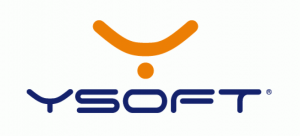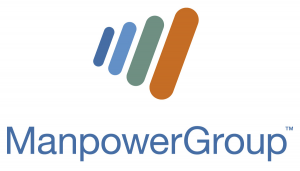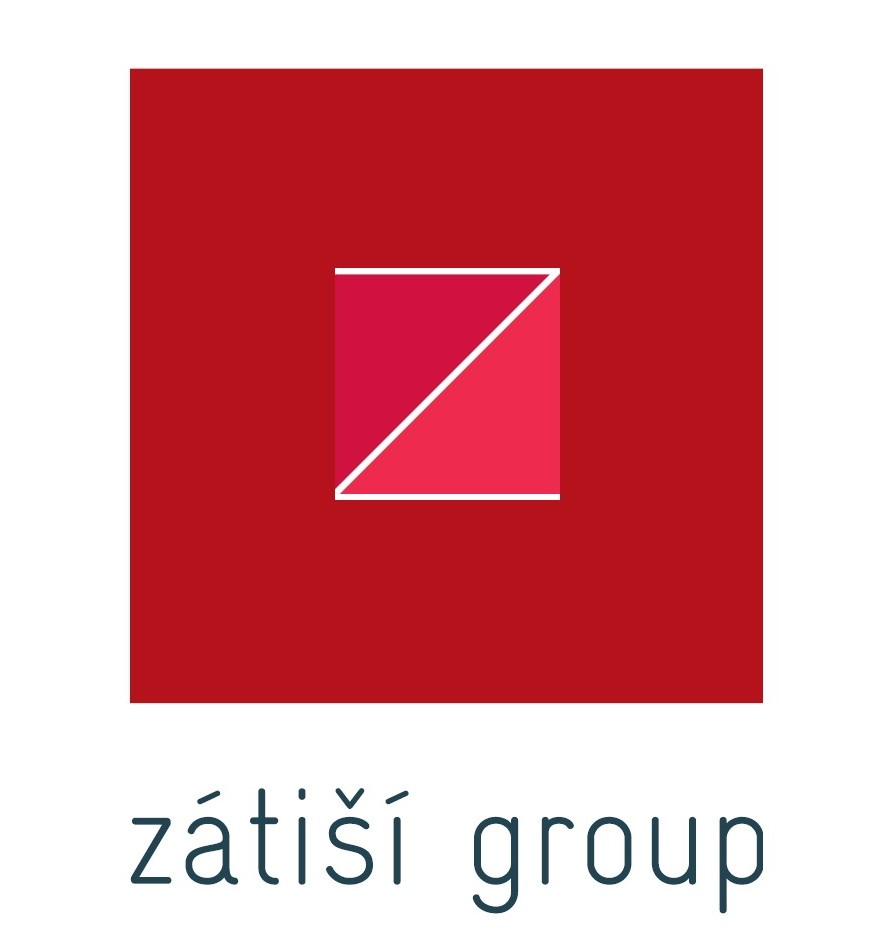Voluntary liquidation of a company is usually cheaper than putting it to sleep
15.03.2010Company: Amcham
An interview with Barbora Brühlová, Head of TACOMA Trust Services
Analysts call the growth in the number of liquidations dramatic. Do you see it the same way? The market situation is more stable now. Although the number of liquidations increased from 100 to 150 per cent in 2008, in 2009, it decreased. It holds true that the segment of liquidations is currently stagnating. Most companies are waiting to see what happens; how their situation will further develop.
What kind of companies most often opt for liquidation? If we are talking about cases of voluntary liquidation when a company has no debt and is not involved in insolvency proceedings, these would most often be companies with a foreign investor, which have already fulfilled the purpose for which they were founded. Further activity is out of the question, and to leave them “empty” doesn’t pay off either, in the majority of cases.
How long does it take to liquidate a company, and what are the related costs?
The aim of a voluntary liquidation is to ensure that all proprietary relationships are settled, and to achieve a liquidation surplus. Voluntary liquidation of a company usually takes about six months. If the bookkeeping is in order, our fee ranges from 150 to 300 thousand crowns. If there are any discrepancies in a company’s bookkeeping, resulting in later complications such as unsettled litigations, etc., liquidation costs may escalate to somewhere in the region of half a million crowns.
Does a firm run a risk if it decides to put a company to sleep instead of liquidating it? Putting a company to sleep represents the highest risk – primarily for the company’s executive director in the case of an s.r.o., or for members of the board in the case of an a.s. These people are liable for the company, so if there are any bookkeeping discrepancies, or a failure to fulfil statutory duties, all related claims are bound to them. But if your books are in order, you pay out dividends, return the VAT (if you are a VAT payer), etc., you can leave a company empty as long as you wish. However, you have to carefully calculate whether managing an empty company is really cheaper in the long run than its one-time liquidation.
Which companies does Tacoma encounter more often? S.r.o.’s or a.s.’s? Our clients are mostly s.r.o.’s now. Voluntary liquidation of an a.s. is more comprehensive and far more complicated, and we see that a.s.’s are more often “put to sleep” than liquidated. Liquidations of a.s.’s are more demanding in terms of time and money and are, consequently, usually solved in different ways, such as by merging with a parent company, selling the company, or, as already mentioned, by putting the company to sleep.
What should a company which has decided on, or is considering, a voluntary liquidation do? If a company is considering liquidation, its overall situation must first be analysed. The most important material for a primary analysis is the company’s bookkeeping; upon which we assess the company’s situation. This helps us determine whether the company may be liquidated voluntarily, the fee, and the estimated time the liquidation will take.
How large is the team that specialises in liquidations at Tacoma? Liquidations are administered by a five-member trust services team, along with personnel from the tax and accounting departments.
Barbora Brühlová, Manager of TACOMA Trust Services
E-mail:
barbora.bruhlova@tacoma.eu Tel: +420 226 219 105
Mobil: +420 731 502 041
www.tacoma.eu







